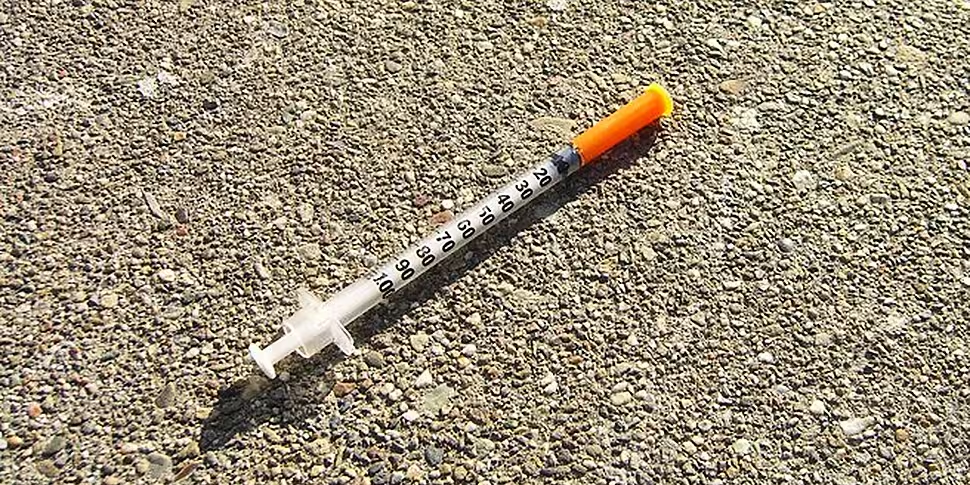The World Health Organisation (WHO) has admitted an error in its report on HIV rates in Greece. The WHO had claimed that people in Greece were injecting themselves with HIV in order to qualify for benefits as a result of the financial downturn.
But it has issued a statement admitting that there is "no evidence" of a trend in deliberate self-injection with HIV "beyond a few, anecdotal cases".
The organisation says it made a mistake in the editing phase of its report.
It says the original source for the statement is a correspondence published in the Lancet by Alexander Kentikelenis in September 2011.
"In this article, Kentikelenis mentions “accounts of deliberate self-infection by a few individuals to obtain access to benefits of €700 per month and faster admission onto drug substitution programmes" but that the WHO "recognises that there is no evidence suggesting that 'deliberate self-infection with HIV' goes beyond few, anecdotal cases".
It adds that the WHO recognises that Greece has reported an significant, 52% increase of new HIV infection in 2011 compared to the 2010, largely driven by infections among people who inject drugs in recent years.
"The reasons for this increase remain multifaceted and WHO welcomes efforts to of the ad hoc working group and other entities to fully understand the underlying reasons and recommend appropriate measures to extend the benefits of the comprehensive package of interventions for harm reduction to all people who inject drugs" it concludes.
Rise in prostitution
That same report also says that prostitution has increased, "probably as a response to economic hardship", adding that Greeks were less likely than they were in 2007 to visit a doctor or dentist when they were feeling unwell".
A spokesman for the WHO said "These adverse trends in Greece pose a warning to other countries undergoing significant fiscal austerity, including Spain, Ireland and Italy".
"It also suggests that ways need to be found for cash-strapped governments to consolidate finances without undermining much-needed investments in health" he added.
Greece is going through its sixth consecutive year of recession amid brutal austerity cuts. The country has twice been bailed out by the international community, although its draft budget for 2014 predicts economic growth of 0.6% next year.









